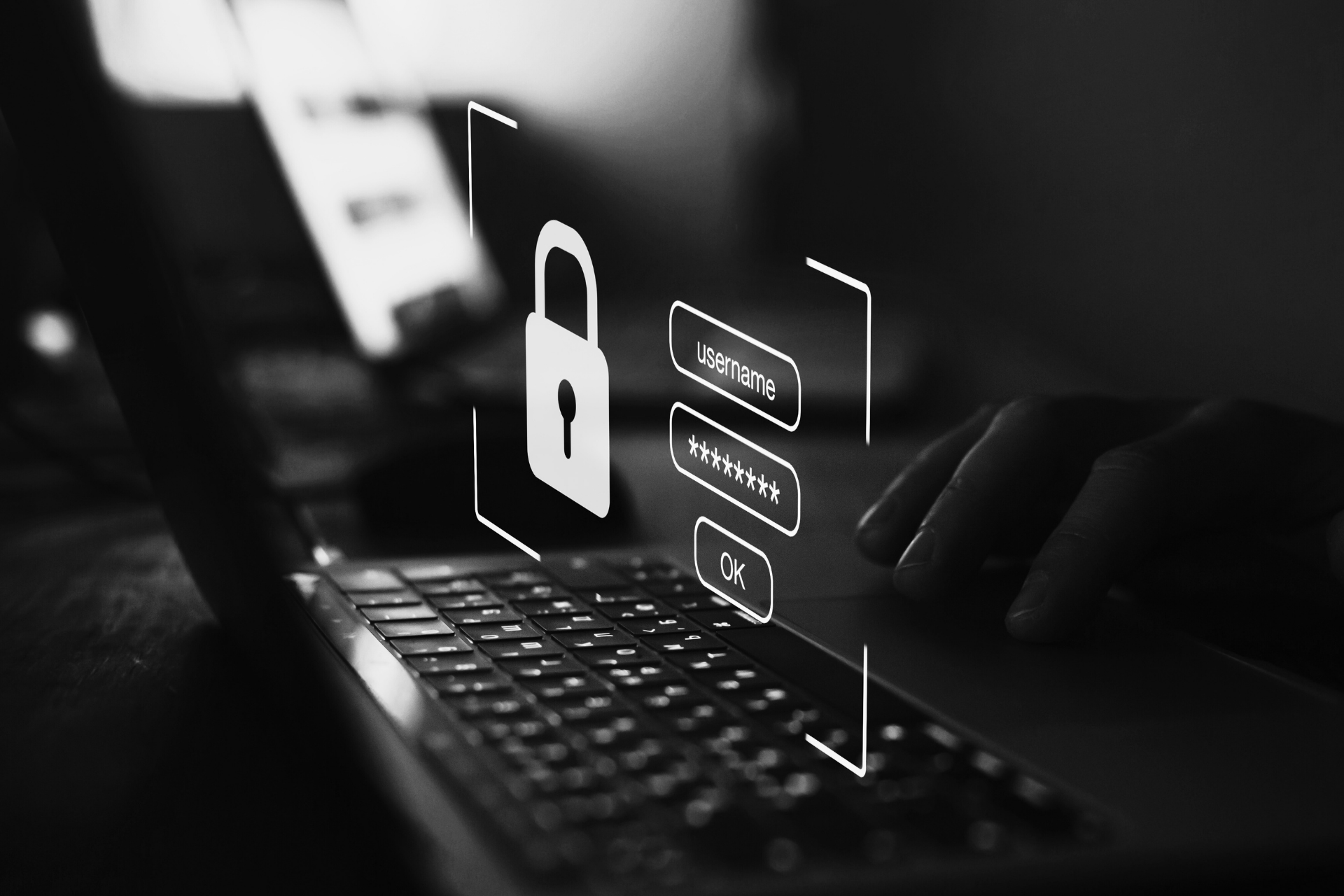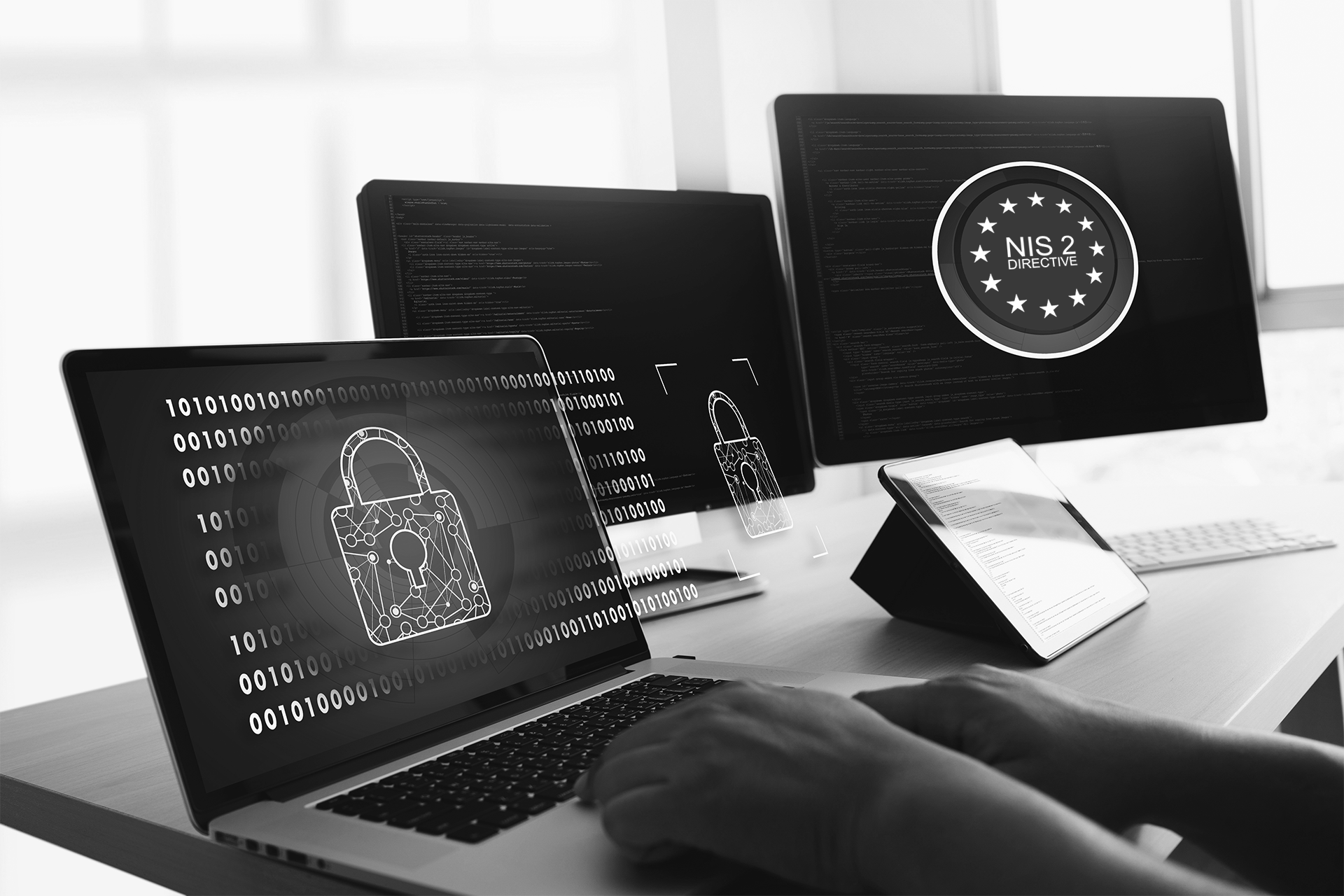Software Testing
![PH_wp_[EN]_Blog listing - banner](https://qestit.com/hubfs/Website/Web%20pages%20photos/PH_wp_%5BEN%5D_Blog%20listing%20-%20banner.jpeg)
![PH_wp_[EN]_Blog listing - banner](https://qestit.com/hubfs/Website/Web%20pages%20photos/PH_wp_%5BEN%5D_Blog%20listing%20-%20banner.jpeg)
![PH_wp_[EN]_Blog listing - banner](https://qestit.com/hubfs/Website/Web%20pages%20photos/PH_wp_%5BEN%5D_Blog%20listing%20-%20banner.jpeg)
![PH_wp_[EN]_Blog listing - banner](https://qestit.com/hubfs/Website/Web%20pages%20photos/PH_wp_%5BEN%5D_Blog%20listing%20-%20banner.jpeg)
![PH_wp_[EN]_Blog listing - banner](https://qestit.com/hubfs/Website/Web%20pages%20photos/PH_wp_%5BEN%5D_Blog%20listing%20-%20banner.jpeg)

Security Compliance
Achieve and maintain compliance with the applicable standards for your organization to safeguard data and uphold integrity.
Provide Your Information
Essential for Safeguarding Organizational Integrity
Achieving compliance to international standards is not only mandatory for several organizations to fulfil regulatory requirements but also crucial for safeguarding sensitive data, preserving privacy, and upholding the integrity of information systems. Understanding and implementing a compliance framework is essential to secure the entrepreneurial foundation. These measures are not only about adhering to legal and regulatory requirements but also about fostering trust with customers, partners, and stakeholders.

Attaining and maintaining compliance is a critical aspect of modern business operations, requiring a detailed understanding of various standards and the implementation of effective information security management systems.
Navigating the complex requirements of compliance standards like ISO270XX, GDPR, NIST, and others is fundamental to ensuring data protection, privacy, and security. By leveraging ISMS concepts and adhering to compliance guidelines, organizations can establish a robust security posture, mitigate risks, and build trust with their customers and stakeholders.
Tailored solutions that address the specific requirements of these standards will ensure your security measures are aligned with compliance mandates. Our services are designed to guide organizations through this journey, ensuring that you not only achieve compliance but also maintain it as part of your ongoing commitment to security excellence.
Understand and adhere to security compliance standards
Achieve Full Security Compliance
Stay ahead of regulations and ensure your business meets all security standards. We are here to help you navigate the complexities of security requirements.
Provide Your Information
Common Questions about Security Compliance
Compliance refers to the process of adhering to standards, regulations, and guidelines that are designed to protect the integrity, confidentiality, and availability of data. These standards can be industry-specific (like HIPAA for healthcare or PCI DSS for payment card processing) or general data protection regulations (such as GDPR for data protection and privacy in the European Union). Compliance involves regular audits, assessments, and updates to security policies to ensure ongoing protection against threats and vulnerabilities.
Achieving compliance is crucial for businesses for several reasons. Firstly, it helps in protecting sensitive data from breaches and cyberattacks, which can result in financial loss and damage to reputation. Secondly, compliance is often a legal requirement, and failure to comply can lead to hefty fines and legal penalties. Additionally, being compliant can enhance customer trust and confidence, as it demonstrates a commitment to maintaining high standards of data security and privacy.
Some common Security Compliance standards include:
- PCI DSS (Payment Card Industry Data Security Standard): Applies to all entities that store, process, or transmit cardholder data.
- HIPAA (Health Insurance Portability and Accountability Act): Governs the protection of personal health information in the US.
- GDPR (General Data Protection Regulation): A comprehensive data protection law that applies to all individuals within the European Union and the European Economic Area.
- SOX (Sarbanes-Oxley Act): Regulates financial reporting and recordkeeping for public companies in the US.
- ISO/IEC 27001: An international standard for managing information security.
- DORA: Digital Operational Resilience Act
- MA-RISK (Minimum Requirements for Risk Management): Banking regulations establish essential guidelines and standards for risk management.
Organizations achieve and maintain Security Compliance by:
- Conducting regular risk assessments to identify vulnerabilities.
- Implementing security measures and controls to mitigate identified risks.
- Training employees on compliance requirements and security best practices.
- Regularly reviewing and updating security policies and procedures to align with evolving regulations and standards.
- Undergoing audits by external regulators or compliance bodies to verify adherence to compliance standards.
Failing to comply with compliance standards can have several consequences, including:
- Financial penalties and fines imposed by regulatory bodies.
- Legal action and lawsuits from affected parties in the event of a data breach.
- Damage to reputation and loss of customer trust, which can affect business prospects and revenue.
- Potential loss of business opportunities, especially with partners and clients who require compliance with specific standards.
- Operational disruptions if access to certain markets or services is revoked due to non-compliance.
GET INSIGHTS, KNOWLEDGE AND TIPS About Security





